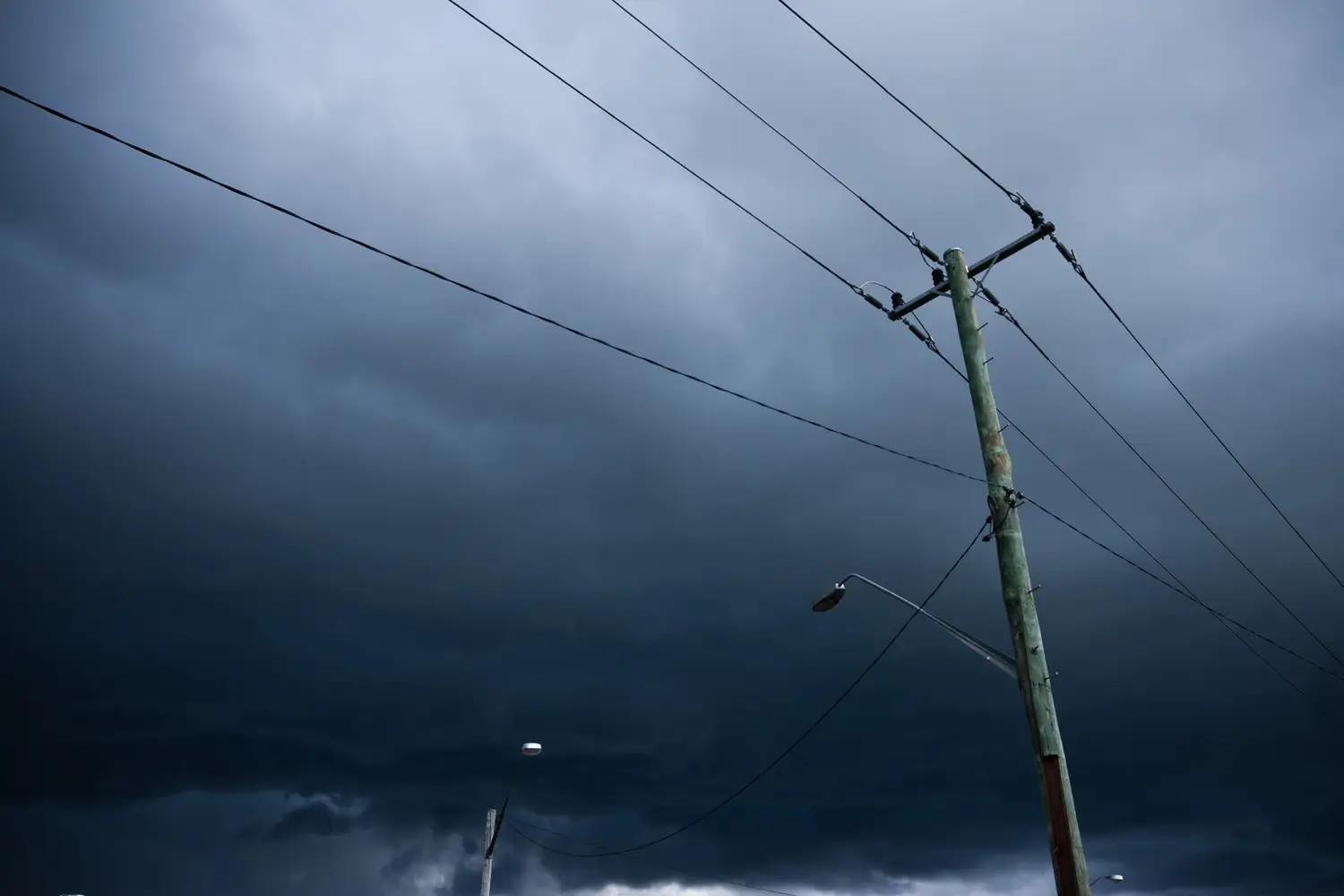Power outages are never convenient. Sometimes, it’s no mystery why we are left in the dark, like when lightning and thunder rattle windows and walls. Other times, an outage may come out of the blue.
The length of time it takes to restore power will vary by the cause. Most electric cooperatives attempt to share outage information through social media platforms. Here are some of the most common causes your cooperative might be facing.
Weather

- The most common cause for power outages is Mother Nature. A heavy build-up of ice and snow on power lines, poles and equipment can bring them down.
- Wind also causes widespread damage. High winds following a heavy ice storm can be particularly devastating.
- Extremely hot weather can cause power lines to sag into vegetation and can also cause unusually high demand that can overburden transformers and other electrical equipment causing them to fail.
- Lightning strikes can cause major damage to electrical equipment, transmission towers, wires and poles. If the lights go out in the middle of a thunderstorm, lightning is probably the culprit.
Trees
- During high winds, snow and ice, tree limbs can snap or entire trees can topple onto power lines.
Accidents
- A vehicle hitting a utility pole can break the pole and knock lines from their overhead perch. Excavation work can disturb buried electric service lines causing an outage. Always call 811 before any gardening or digging project.
Animals
- Squirrels, snakes and other small animals and birds can climb on poles and electrical equipment which may cause a short circuit or equipment to shut down.
Vandalism
- People shooting at insulators and transformers is still a sad cause for power outages in rural areas.
- Thieves also steal copper wire and other pieces of electrical equipment. Both acts of vandalism can be extremely costly and deadly.
Planned outages
- If an electric cooperative is performing maintenance or upgrading its equipment, it may need to temporarily turn off the power. The cooperative will usually try to notify consumers. This is why it’s always a good idea to make sure your cooperative has updated contact information.
- If you experience an outage, alert your cooperative. While most co-ops have upgraded to digital systems that automatically detect outages, others still rely on notification from their customers before they come out to investigate the cause and restore power.